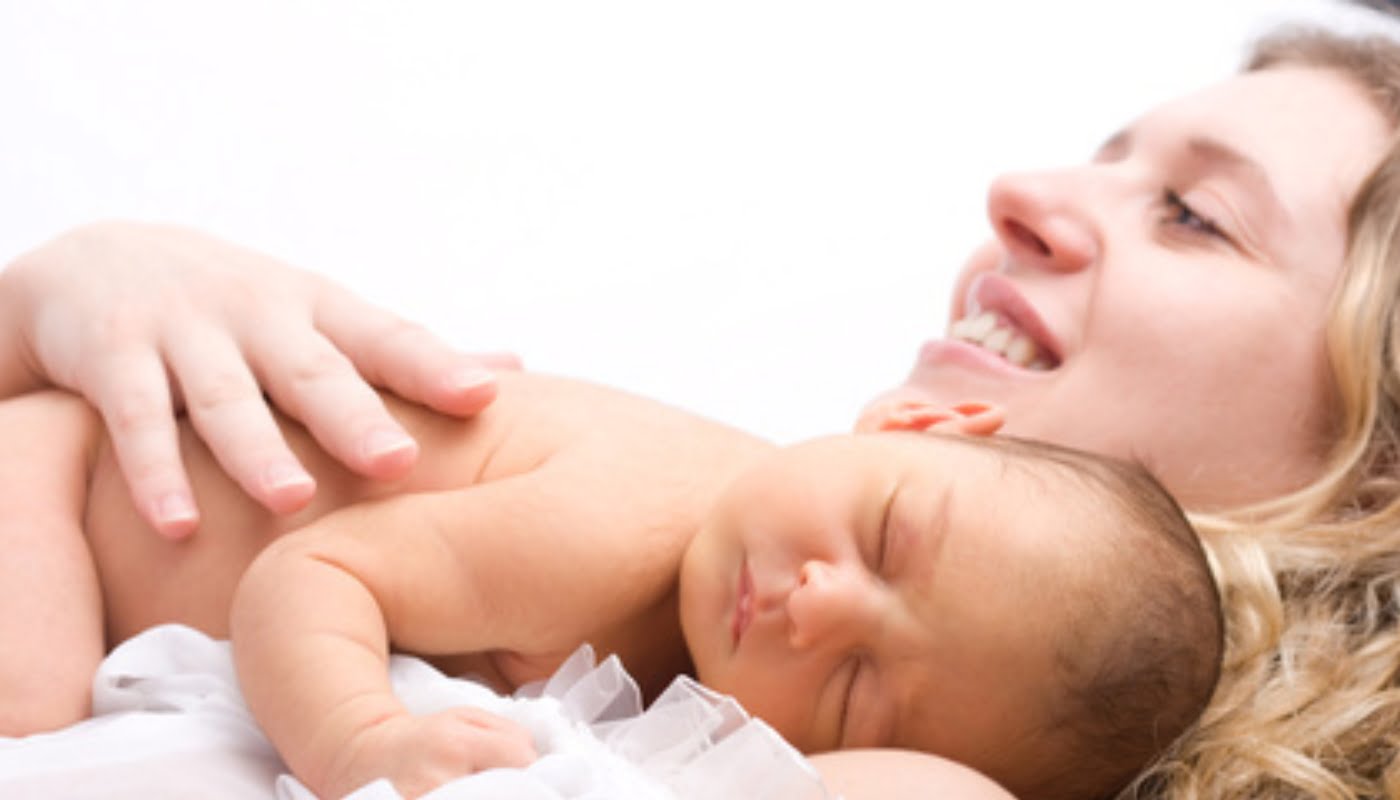Egg donation has become a popular option for couples struggling with infertility. Many individuals and couples from around the world are considering Mexico as a top destination for egg donation due to its affordable yet high-quality medical care, experienced fertility clinics, and a welcoming atmosphere.
In this comprehensive guide, we will explore everything you need to know about egg donation in Mexico as an international patient.
Table of Contents
Why Choose Egg Donation in Mexico?
Choosing egg donation in Mexico offers a range of benefits that make the country an attractive destination for individuals or couples seeking assisted reproductive technologies. Here are several reasons why individuals may choose egg donation in Mexico:
- Affordability: Mexico is known for providing high-quality medical care at a more affordable cost compared to many Western countries. The cost of egg donation procedures, including donor compensation, is often more reasonable, making it an accessible option for those with budget considerations.
- Experienced Medical Professionals: Mexico has a pool of highly qualified and experienced reproductive specialists, including fertility doctors, embryologists, and support staff. Many clinics in Mexico are staffed with professionals trained in leading international institutions.
- State-of-the-Art Facilities: Reputable fertility clinics in Mexico are equipped with modern and state-of-the-art facilities. These clinics invest in advanced reproductive technologies to ensure the highest standard of care for patients undergoing egg donation procedures.
- Wide Selection of Donors: Mexico provides a diverse pool of egg donors, allowing individuals or couples to choose donors based on their preferences for characteristics such as ethnicity, education, and physical attributes. The availability of a varied donor pool enhances the matching process.
- Language and Cultural Affinity: Mexico’s proximity to the United States and Canada often results in shared language and cultural similarities. This can contribute to a more comfortable and relatable experience for international patients.
- Supportive Environment: Fertility clinics in Mexico often prioritize personalized and supportive care. Patients undergoing egg donation can benefit from a compassionate and understanding environment throughout their fertility journey.
- Travel and Tourism Opportunities: Mexico is a popular tourist destination, offering a combination of beautiful landscapes, rich cultural experiences, and vibrant cities. Patients can incorporate their fertility treatment with a relaxing and enjoyable stay in the country.
Finding the Right Fertility Clinic in Mexico
Finding the right fertility clinic in Mexico is a crucial step for individuals or couples seeking assisted reproductive technologies. Here are essential considerations to guide you in selecting the best fertility clinic for your needs:
- Reputation and Success Rates: Research the clinic’s reputation and success rates. Look for clinics with a track record of successful fertility treatments and positive patient experiences. Review online testimonials, forums, and independent reviews to gauge the clinic’s credibility.
- Accreditations and Certifications: Ensure the fertility clinic is accredited and certified by relevant medical organizations. Certifications from reputable institutions demonstrate adherence to high medical and ethical standards in assisted reproductive technologies.
- Experience and Expertise of Medical Team: Evaluate the qualifications and experience of the medical professionals, including reproductive endocrinologists, embryologists, and support staff. A team with extensive experience in fertility treatments enhances the likelihood of positive outcomes.
- Range of Services: Assess the clinic’s range of fertility services, including in vitro fertilization (IVF), egg donation, surrogacy, and other assisted reproductive technologies. A comprehensive set of services allows for tailored treatment plans based on individual needs.
- Technological Advancements: Inquire about the clinic’s use of advanced reproductive technologies and laboratory equipment. State-of-the-art facilities contribute to the success and efficiency of fertility treatments.
- Donor Selection Process: If considering donor-assisted procedures, such as egg donation, understand the clinic’s donor selection process. A transparent and thorough screening process ensures the health and suitability of donors.
- Legal and Ethical Practices: Ensure that the fertility clinic adheres to legal and ethical standards governing assisted reproductive technologies in Mexico. A clinic with clear ethical guidelines and transparent practices fosters trust and confidence in the fertility journey.
The Egg Donation Process
The egg donation process is a complex but well-established fertility treatment that involves the contribution of eggs from a donor to help another individual or couple achieve pregnancy. Here is an overview of the typical steps involved in the egg donation process:
- Initial Consultation: The process begins with an initial consultation with the fertility clinic. Both the egg donor and the intended recipient undergo thorough medical evaluations, including health history assessments and fertility tests.
- Donor Selection: The clinic assists the intended parents in selecting an egg donor. Criteria for selection may include physical characteristics, educational background, medical history, and other preferences.
- Legal and Ethical Considerations: Legal and ethical aspects are discussed, and legal agreements are drawn up to outline the rights and responsibilities of all parties involved. Legal considerations often include issues of confidentiality, parental rights, and financial arrangements.
- Synchronization of Menstrual Cycles: Once a donor is selected, the menstrual cycles of the egg donor and the intended recipient (or surrogate) are synchronized. This is achieved through hormonal medications to regulate the timing of the egg retrieval and embryo transfer.
- Ovarian Stimulation: The egg donor undergoes ovarian stimulation using hormonal medications to encourage the development of multiple eggs. Regular monitoring through ultrasounds and blood tests ensures the eggs’ progress.
- Egg Retrieval: When the eggs are deemed mature, a minor surgical procedure called egg retrieval is performed. The eggs are aspirated from the donor’s ovaries using a thin needle guided by ultrasound. This procedure is typically done under sedation.
- Fertilization: The retrieved eggs are then fertilized with sperm, either from the intended father or a sperm donor, through in vitro fertilization (IVF). The resulting embryos are cultured in the laboratory for several days.
- Embryo Selection: The embryologist evaluates the quality of the embryos and selects the healthiest ones for transfer. Preimplantation genetic testing (PGT) may be performed to assess genetic abnormalities, especially in cases where there is a higher risk.
- Embryo Transfer: A selected number of embryos are transferred into the uterus of the intended recipient (or surrogate) through a minor procedure. The number of embryos transferred is typically guided by factors such as the woman’s age and health.
- Pregnancy Test: Approximately 10-14 days after the embryo transfer, a pregnancy test is conducted to determine whether the procedure was successful. If pregnancy is achieved, ongoing prenatal care is initiated.
- Follow-Up Care: Throughout the pregnancy, the intended parents and the egg donor (if known to them) may receive ongoing support and follow-up care from the fertility clinic.
Legal and Ethical Considerations
Legal and ethical considerations play a pivotal role in the egg donation process, aiming to ensure the rights, responsibilities, and well-being of all parties involved. Thorough legal agreements are typically drafted to address various aspects of the arrangement, including confidentiality, parental rights, and financial arrangements.
These agreements help establish a clear understanding between the egg donor, intended parents, and any involved surrogates, outlining the expectations and responsibilities throughout the process. Legal professionals specializing in reproductive law are often consulted to facilitate these agreements, addressing potential legal complexities and safeguarding the interests of both the donors and recipients.
Ethical considerations in egg donation encompass a commitment to transparency, honesty, and the well-being of all participants. Fertility clinics adhere to ethical guidelines to ensure that donors provide informed and voluntary consent, fully understanding the implications of their decision.
Moreover, considerations are made to protect the confidentiality and privacy of all parties involved, recognizing the sensitive nature of the fertility journey. Ethical practices also extend to the equitable treatment of donors, respecting their autonomy and ensuring fair compensation for their contributions.
By prioritizing legal and ethical principles, the egg donation process strives to create a supportive and respectful environment, fostering trust among all stakeholders in their pursuit of building a family.
Post-Procedure Care and Support
Post-procedure care and support are pivotal aspects of the fertility journey, especially after intricate procedures like egg donation or in vitro fertilization (IVF). Following the procedure, individuals and couples benefit from comprehensive care that encompasses physical recovery, emotional well-being, and ongoing guidance.
Fertility clinics typically provide clear instructions for post-procedure care, including any necessary medications, activity restrictions, and potential signs to monitor. Emotional support is equally crucial during this period, and many clinics offer counseling services or connect patients with support groups. Regular follow-up appointments ensure that any concerns or questions are promptly addressed.
The post-procedure phase is a critical time where personalized care and a supportive environment play key roles in nurturing the overall health and resilience of individuals as they embark on the hopeful path toward building their families.
If you are considering egg donation as an option for starting or expanding your family, Mexico may be the ideal destination to explore. Consult with experienced fertility specialists, weigh your options, and take the first step towards realizing your dreams of parenthood in this beautiful country.


